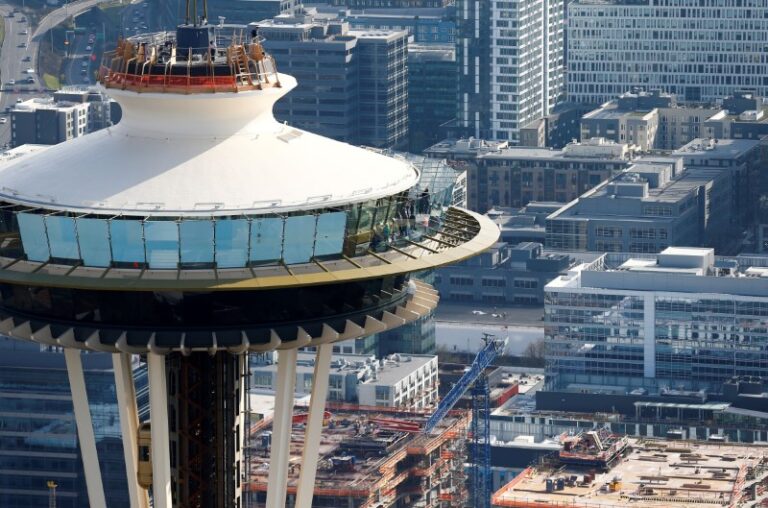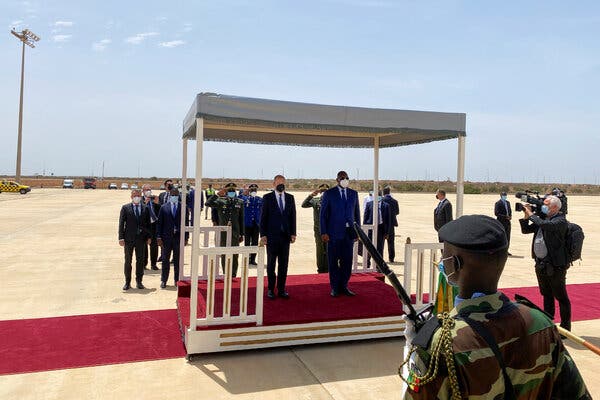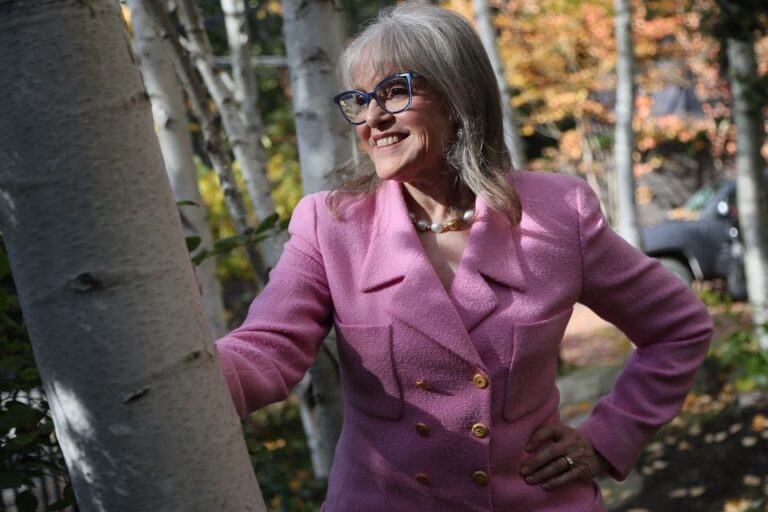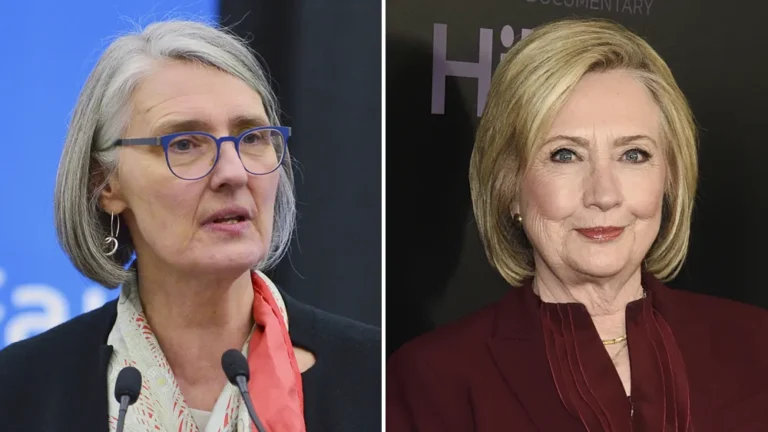Political Poetry Transfigured History: Unveiling the Poetic Power
Political poetry has the power to transfigure history through its ability to inspire citizens to fight for their country and welfare. This form of expression has the potential to create significant impact and change within society and politics.
In various mediums such as paintings and writings, political poetry brings forth a different perspective on important events and figures, shining a light on their significance and the lessons we can learn from them. Through the use of vivid imagery and powerful language, political poetry serves as a powerful tool for conveying complex ideas and emotions, challenging the status quo, and advocating for social justice.
By examining the relationship between literature and politics, poetry offers a unique lens through which humanity’s collective experiences and struggles are interpreted and understood.
Exploring The Power Of Political Poetry
Political poetry has a long-established tradition of transfiguring history, wielding the transformative power of language and sentiment to shape the socio-political landscapes of the past and present. From evoking revolutions to critiquing oppressive systems, political poetry has functioned as a medium for voicing dissent, hope, and the collective aspirations of societies. In this exploration, we delve into the profound influence and historical significance of political poetry, shedding light on its pivotal role in shaping the narratives of our world.
Definition Of Political Poetry
Political poetry, defined as a literary form that expresses strong opinions or ideologies about political issues, encompasses a diverse array of poetic works. It is a mode of artistic expression that merges the potency of language with the fervor of politics, transcending mere aesthetic appreciation to provoke critical thought and action.
The Historical Significance Of Political Poetry
Throughout history, political poetry has been an indomitable force, wielded by both revered poets and lesser-known voices to incite change and reflect the tumultuous emotions of their times. The verses of political poets have become immortalized testaments to the struggles, triumphs, and tribulations of societies, offering profound insights into the human condition and the dynamics of power.
The Role Of Poetry In Shaping History
Poetry, particularly the politically charged variety, has played a pivotal role in shaping the course of history. Its capacity to capture the essence of societal movements, upheavals, and ideological shifts has solidified its position as a vital aspect of historical discourse, offering intimate glimpses into the lived experiences of individuals and communities throughout time.
Credit: brill.com
Transfiguration Through Words
In the realm of poetry, words hold immense power. They have the ability to captivate, inspire, and evoke emotions. But there is a particular type of poetry that goes beyond mere expression and touches something deeper within us. Political poetry transfigured history with its potent words, leaving an indelible mark on society and shaping our understanding of the world. Through this transfiguration, political poets have used their words to challenge the status quo and ignite change. In this blog post, we will explore the concept of transfiguration in political poetry, examine its symbolism, and delve into some notable examples.
Transfiguration, in the context of political poetry, refers to the transformation or metamorphosis of historical events, political ideas, or social injustices through the power of words. It is a creative and imaginative process that allows poets to breathe new life into these subjects, shedding light on different perspectives and stimulating critical thinking. By transfiguring history, political poetry serves as a lens through which we can gain a deeper understanding of our past and present.
The symbolism of transfiguration in political poetry is profound. It represents the power of art to transmute reality, to reveal hidden truths and ignite change. Through the transfiguration of historical events, individuals, or ideologies, poets challenge existing narratives, disrupt hegemony, and invite readers to question the status quo. It is a subversive act that aims to dismantle systems of oppression and inspire social and political transformation.
Political poetry has a long history of transfiguring key moments in time. Here are some examples:
- “The Waste Land” by T.S. Eliot: This iconic modernist poem transfigures the disillusionment and despair felt after World War I, capturing the fragmented nature of society and reflecting on the decline of Western civilization.
- “Still I Rise” by Maya Angelou: Angelou’s powerful poem transfigures the experiences of African Americans, particularly women, highlighting their resilience and strength in the face of adversity and systemic racism.
- “Howl” by Allen Ginsberg: Ginsberg’s poem transfigures the Beat Generation’s countercultural spirit, critiquing the conformity and materialism of 1950s America while celebrating the freedom of expression and nonconformity.
- “Ode to the Confederate Dead” by Allen Tate: Tate’s poem transfigures the legacy of the Confederacy, exploring themes of guilt, loss, and the complexities of Southern identity in the aftermath of the Civil War.
These examples represent just a fraction of the vast body of political poetry that has transfigured history. Each work offers a unique perspective, challenging societal norms and reigniting discourse. Political poetry has the power to transfigure history and shape our understanding of the world, reminding us that words are not merely ink on paper, but transformative entities.
Political Poetry As A Catalyst For Change
Political poetry transfigured history by encouraging citizens to fight for their motherland and welfare. Through luminous transfigurations and powerful words, political poetry serves as a catalyst for change, bridging the gap between literature and politics.
Examining The Influence Of Political Poetry On Society
Political poetry has long been recognized as a catalyst for change, possessing the power to transform societies and shape historical narratives. Through its compelling use of language, metaphor, and emotion, political poetry captivates the hearts and minds of individuals, igniting social movements and sparking revolutions. This form of expression has the ability to transcend boundaries, bringing people together under a shared cause and inspiring them to take action.Political Poetry And Social Movements
Throughout history, political poetry has played a central role in various social movements. As a means of resistance and protest, poets have used their words to voice dissent and raise awareness about social injustices. From the civil rights movement to gender equality, political poetry has served as a powerful tool for marginalized communities to challenge the status quo and demand change. In the 19th century, poets like Emily Dickinson and Walt Whitman used their craft to critique the political landscape of their time, sparking conversations and inspiring individuals to question the prevailing ideologies. Similarly, during the tumultuous period of the 1960s, poets such as Allen Ginsberg and Maya Angelou utilized their poetry to give voice to the disillusionment and discontent of the era, becoming iconic figures in the fight for civil rights and social justice.The Power Of Words In Sparking Revolution
Words have the power to incite, inspire, and revolutionize society. Political poetry harnesses this power, using vivid imagery and emotional resonance to engage readers and listeners alike. By presenting complex political ideas in a concise and relatable manner, poets can cut through the noise of traditional political discourse, reaching a wider audience and mobilizing individuals towards a common goal. This transformative impact is exemplified by the works of poets such as Pablo Neruda and Langston Hughes, who used their poetry to give a voice to the voiceless and challenge the oppressive systems of their time. Their words, filled with passion and conviction, ignited a collective consciousness and instilled a sense of hope and empowerment in the face of adversity. In conclusion, political poetry serves as a catalyst for change, influencing society by giving voice to the marginalized, challenging the status quo, and inspiring social movements. Its ability to engage, provoke, and motivate individuals is a testament to the power of words in shaping history. As we continue to navigate a rapidly changing world, political poetry will undoubtedly remain a vital medium for expressing dissent, sparking conversations, and driving positive societal change.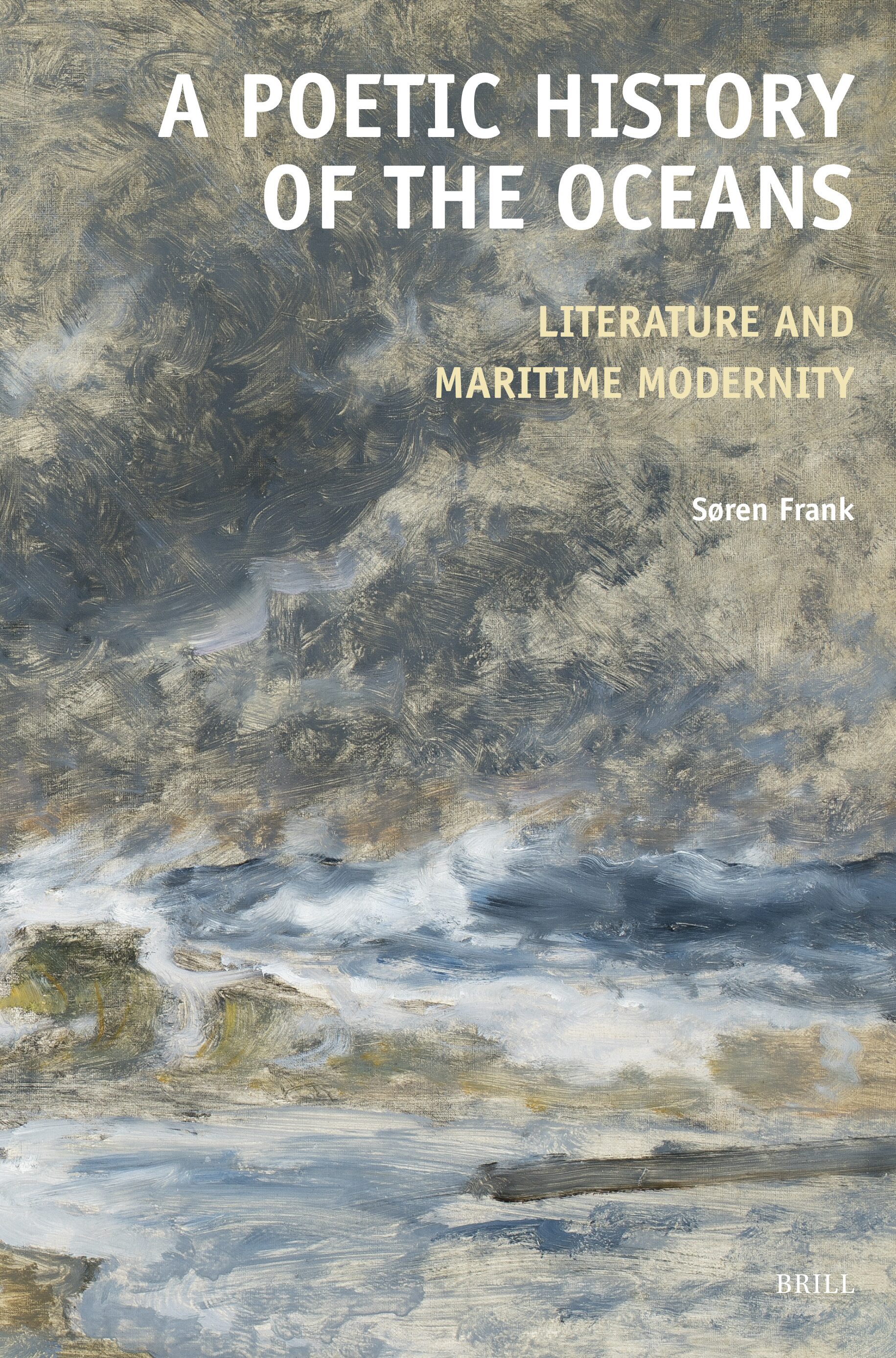
Credit: brill.com
The Intersection Of Politics And Poetry
Political poetry has long been a medium for expressing societal discontent and advocating for change. Through the intricate weaving of words, poets convey powerful messages that scrutinize, question, and challenge political ideologies and actions. This unique blend of politics and poetry has yielded thought-provoking works that reflect and transfigure historical events, shaping and challenging the course of human history.
Political Themes In Poetry
Poetry has served as a compelling platform for addressing a myriad of political themes, such as revolution, democracy, oppression, and human rights. Through the art of verse, poets capture the strife and struggles of communities, shedding light on the political issues that have shaped societies across the globe.
The Relationship Between Politics And Art
The intersection of politics and art is a harmonious blend that allows for the exploration of complex societal issues. Poetry, as a form of art, offers a unique lens through which to critique and analyze political systems and structures. This relationship fosters a dynamic dialogue that challenges conventional thinking and fosters social change.
Poetry As A Tool For Political Commentary
Political commentary through poetry provides a valuable means of engaging with current events, serving as a platform for dissent and solidarity. Poets utilize their craft to amplify the voices of the marginalized, advocate for justice, and critique the actions of those in power. As a result, poetry transcends its role as literature and becomes an influential form of political expression.

Credit: www.amazon.com
Conclusion
In the realm of history and politics, poetry has expertly transfigured and illuminated the critical narratives of our past. Through compelling verse and captivating language, poets have woven stories of resilience, struggle, and triumph, shedding light on the complexities of our shared human experience.
As we delve into these poetic works, we unearth a treasure trove of insights that enrich our understanding of the political landscape. Engaging with political poetry proves to be an invaluable venture, one that unveils the layers of our history with grace, depth, and clarity.


